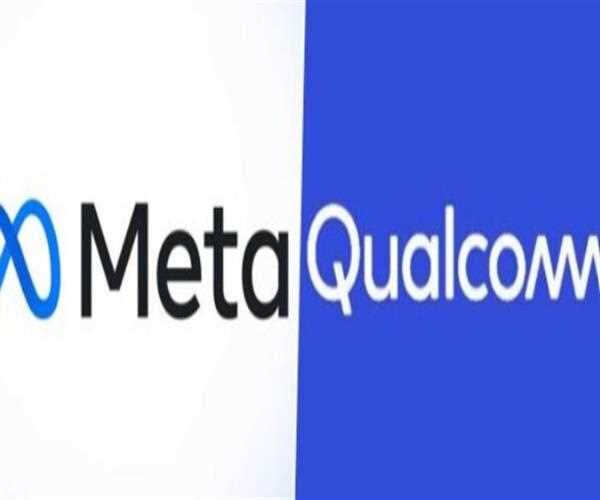
Tech masters Google, Meta, and Qualcomm are ready to push for open digital space.
- Prominent members: Google, Meta, Qualcomm, Honor, Lenovo, Lynx, Motorola, Nothing, Opera, Wire
- Objectives: Promote seamless connectivity, interoperable systems, and collaboration across industries
- Motivation: Responding to the EU's Digital Markets Act (DMA) and shaping future regulations
Tech giants like Google, Meta, and Qualcomm have united to advocate for open digital markets across Europe. Therefore, CODE is one of the reactions by tech companies to the latest EU laws limiting the power of gatekeepers’ platforms. CODE’s vision is to achieve a more competent and innovative space with an interoperability of systems and an open Platform.
Openness as the key: Stan Larroque, founder of Lynx, emphasizes the crucial role of openness in creating thriving digital ecosystems. CODE aims to achieve this through.
Cross-industry collaboration: Bringing together diverse players to share knowledge and expertise. Interoperable systems: Breaking down barriers between platforms and services to facilitate seamless user experience.
Open platforms: Enabling fair competition and innovation by allowing third-party developers to access and integrate with established platforms.
CODE's efforts could significantly impact the future of digital ecosystems in Europe. By engaging with policymakers and stakeholders, the coalition hopes to influence regulatory frameworks that promote a more open and competitive digital landscape. However, some remain skeptical, questioning whether

CODE represents a genuine commitment to openness or merely a strategic move to deflect stricter regulations. Regardless, CODE's emergence marks a significant development in the ongoing debate about tech giants' power and the future of digital markets.


